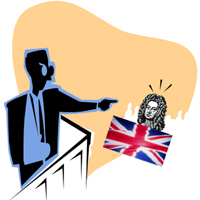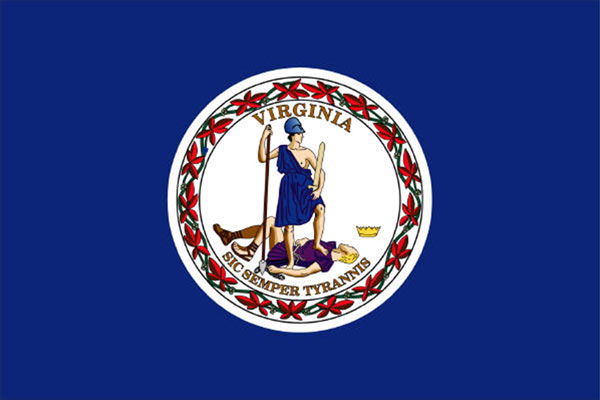 It’s All Your Fault
It’s All Your Fault It’s All Your Fault
It’s All Your Fault
WhenInteractive popup. Assistance may be required. drafted the Declaration of Independence, he was not trying to be nice, nor was he trying to be fair. After writing a beautiful introduction outlining the purpose of government, Jefferson moved on to make one big point: the rebellion is entirely King George III’s fault.
The list of grievances reads like a set of criminal charges. Interactive popup. Assistance may be required. to view three.
 Quick Reflection What strikes you about how these grievances are worded? How do you think King George III reacted when he read these accusations? Reflect on these questions in your notes.
Quick Reflection What strikes you about how these grievances are worded? How do you think King George III reacted when he read these accusations? Reflect on these questions in your notes.

Analysis of the Grievances
By using the word “he” at the start of each line, Jefferson places all the blame on King George III. The choice is deliberate, and a little unfair. Nowhere does the document mention Parliament, which actually writes the laws.
Furthermore, the charges above are vague and exaggerated. King George looks like one of the worst rulers in history. One can only imagine his response when he received the Declaration (once he calmed down). He might have yelled, "What laws? Swarms of Officers? Really? What towns did I burn?"
Had he done this, King George would have had at least a partial point. For a few of the charges, even historians are not completely sure to what Jefferson is referring.
More Reasonable Charges
Other grievances are more reasonable and recognizable. In the middle of the grievance list, Jefferson lists a series of bad laws passed by Parliament that the king approved. When Parliament passes a law, the king must give his royal assent in much the same way that the President of the United States signs a bill into law.
Interactive popup. Assistance may be required.to view some of those grievances and then answer the following question.

Quick Question: Which of these acts of “pretended Legislation” do you recognize? Interactive popup. Assistance may be required. for the answer.

These grievances are much clearer. Whether the grievances are general or specific, overall the Declaration of Independence does a masterful job in accusing King George III of violating the rights of the colonists and grossly abusing the power of government. Click here to read the entire list of grievances.
What If?
One grievance in Jefferson’s original draft of the Declaration of Independence was deleted during editing. In it, Jefferson blames King George III for permitting slavery in the colonies, saying that “he has waged cruel war against human nature itself.” It would have been the longest and the final grievance on the list. The southern colonies insisted on its removal before they would sign the declaration.
Activity
In the following activity, you will categorize a few more of the grievances in the Declaration of Independence. The two categories are “Specific Tyranny” and “General Tyranny.” The charges that relate to clearly recognizable bad actions by the British government go under specific tyranny, and the charges that are vague and not as clear should go under general tyranny.
Sic Semper Tyrannis
When Brutus assassinated Julius Caesar during the Roman Empire, he reportedly said, “Sic Semper Tyrannis,” which translates to “Thus Always to Tyrants,” meaning death should always come to tyrants. The Founding Fathers had an affinity for Ancient Rome and knew the phrase well. It became the official state motto of Virginia and appears on the state flag.
When it came time to write the Constitution, they wanted to build plenty of protections so the United States did not repeat the abuses of King George III or Ancient Rome.
